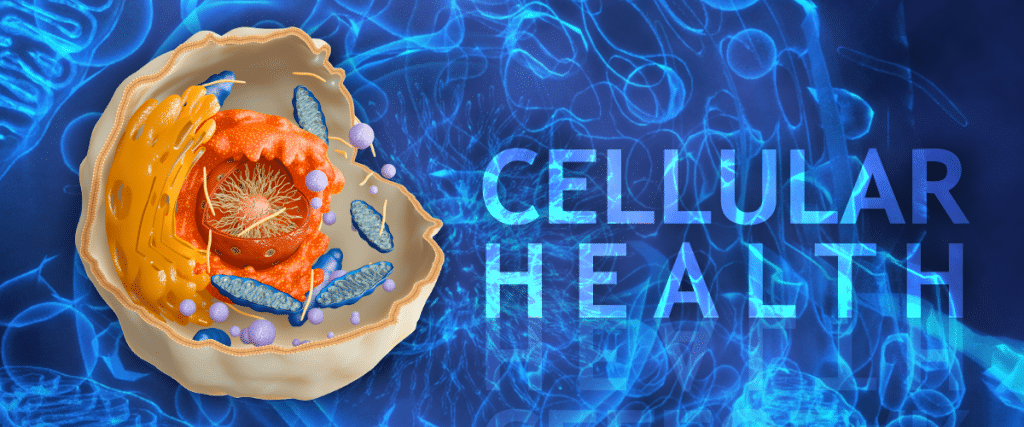Key Takeaways
- Understanding cellular health is crucial for overall well-being.
- Separating myths from facts about cellular health can lead to better health choices.
- Cellular health can be significantly influenced by lifestyle and diet.
Introduction to Cellular Health
Cellular health forms the foundation of human vitality, affecting everything from mental acuity to emotional balance. Despite its significance, there needs to be more clarity about cellular function and support strategies. Understanding the intricacies of cellular health is not just a necessity but a fascinating journey that can lead to informed lifestyle choices that promote well-being and longevity. One way to navigate these complexities is to critically evaluate resources like an ASEA Review, which provides insights into the efficacy of various health products. Individuals can demystify prevalent health myths by leveraging scientifically-backed information and aligning their practices with evidence-based approaches, becoming more engaged and interested in their health.
How Cells Function in the Human Body
Cells are the basic building blocks of life, carefully coordinating various biological functions that support the human body. Every specific cell type, whether muscle, nerve, or blood, performs distinct roles, yet they all play a part in the smooth functioning of the body’s systems. Mitochondria, the cell’s powerhouses, are essential for maintaining the critical balance needed to sustain life through energy production, protein synthesis, and DNA replication. Our growing understanding of cell biology stems from advances in scientific research, which reveal the mechanisms by which cells adapt to stress and participate in regeneration and repair.
Common Myths About Cellular Health
Myths surrounding cellular health often muddy the waters of public understanding. A pervasive belief is that cells can be detoxified through diets or that certain miracle supplements, like those marketed as the Best SARMs Online, alone can rejuvenate aged cells. Such narratives often need more scientific validation and persist due to marketing strategies rather than credible evidence. This comprehensive knowledge empowers people to make choices that support cellular functioning, moving beyond the gimmicks that prey on health-focused individuals.
Fact-Checking Cellular Supplements
In the expansive realm of health supplements, claims about boosting cellular health abound. The challenge lies in distinguishing between products backed by rigorous scientific scrutiny and those propelled by marketing rhetoric. Structures such as the Mayo Clinic offer impartial reviews and guidelines illuminating the pathways to informed supplement use. These resources empower consumers, equipping them with the questions they need to ask about ingredient efficacy, potential side effects, and the extent of scientific endorsement. This fosters confident health investments, ensuring consumers make informed choices about their cellular health.
The Role of Antioxidants
Antioxidants play a crucial role in safeguarding cells against oxidative stress, which occurs when the body has an uneven ratio of free radicals to antioxidants. This imbalance can result in cellular harm, which can subsequently lead to conditions such as cancer and aging. However, adding antioxidant-packed foods such as berries, nuts, and dark green vegetables to your diet can give your body generous levels of vitamins C and E and selenium and carotenoids. These crucial nutrients help fight against free radicals, safeguarding cell health and promoting general wellness. Antioxidants influence the molecular level by activating specific protective pathways, providing an extra level of defense for our cells.
How Lifestyle Choices Affect Cellular Health
The health of our cells is greatly affected by the lifestyle habits we develop. Maintaining a healthy diet, regular exercise, and managing stress are crucial for promoting ideal cellular function. For instance, regular physical activity enhances circulation and oxygen delivery to cells, while adequate hydration eliminates metabolic waste. A balanced diet rich in whole foods supplies the necessary macronutrients and micronutrients that fuel cellular processes. These habits, supplemented by mindfulness and adequate rest practices, collectively nurture ‘cellular ecosystems, ‘the interconnected network of cells in our body, fostering resilience against diseases. Implementing these strategies can lead to profound improvements in health outcomes, as seen in countless individual journeys toward wellness.
Expert Opinions and Latest Research
Research continuously reveals new understandings of how cell biology affects overall health, shaping the landscape of cellular health. Recent advancements include exploring gene editing technologies like CRISPR, which can correct cellular dysfunctions at their source. Additionally, comprehensive research offers a more profound insight into how environmental factors affect cellular aging and regeneration. Adopting new ideas and advances from the scientific field allows people to adjust their health habits based on the latest research, leading to a deeper comprehension of how to support cellular health.




